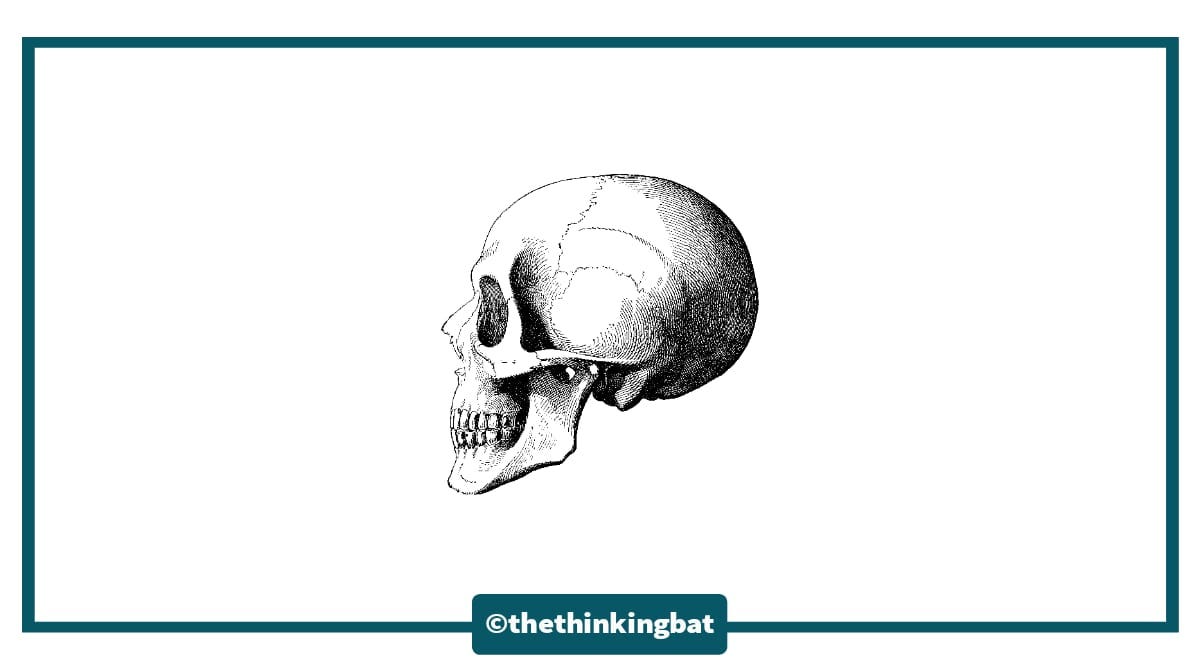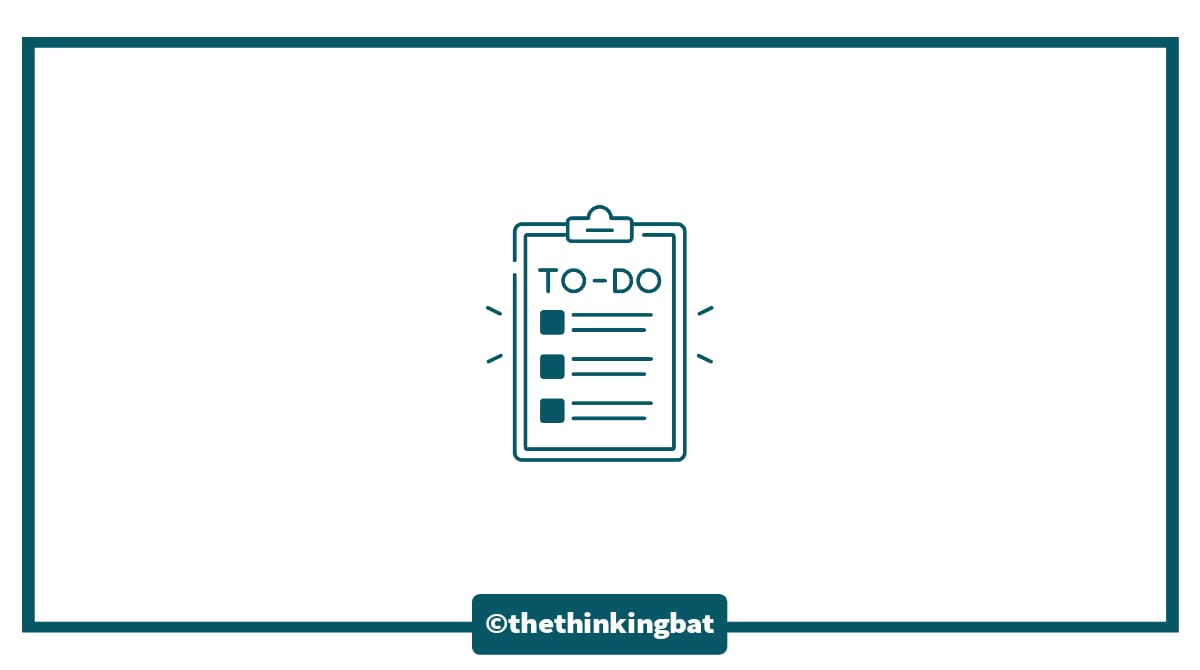Death, Virtues, and Consequences
Stoics Way of Dealing With Procrastination and Getting the Most Out of Life!
I have been procrastinating over writing this blog for several months now. I think a lot of us procrastinate because we are overwhelmed. It’s probably true for me as well. I recently got a new job where I have to work in the US timezone, so that’s a big change. When I am not at work, I am either at the gym or working on side projects, shoutout to Twitter.
But ignoring my blog has been a constant nag in the back of my mind. It is a critical part of my identity, which got me to where I am. I started to feel like I was ignoring something sacred and divine. With all this weight in my mind, I turned to the Stoics for enlightenment.
The first guy I came across was Cato the Younger. He was a Stoic senator in ancient Rome and was known for his uncompromising principles, so much so that he even died for them.
Cato was known for his discipline, never allowing procrastination to interfere with his duties. His commitment to virtue and duty inspired many in his time and is a testament to the power of Stoic principles in overcoming procrastination.
Death and Procrastination
Seneca famously observed, "We are always complaining that our days are few, and acting as though there would be no end of them."
I highly doubt that even Seneca could truly feel the depth of his own quote. Neither you nor I will ever be able to feel it either. Let me explain why.
You go to bed each night thinking about the next day's tasks because you've woken up every morning without fail for tens of thousands of days. This routine gives you an ingrained certainty about waking up.
While you can intellectually grasp the idea of going to sleep and never waking up, you can't truly internalize or live by it because your brain is conditioned by countless mornings of waking up. You're so sure you'll be alive the next day that you don't even consider the alternative. For most of us, including myself, there have been very few nights when we genuinely doubted we’d not wake up the next morning—I can recall only one.
You’d never be able to feel it to your core. However, I hope with my explanation, you’d understand how severely blind you are to your own mortality. And maybe try to consciously make up for it by procrastinating less.
“Putting things off is the biggest waste of life: It snatches away each day as it comes and denies us the present by promising the future. The greatest obstacle to living is expectancy, which hangs upon tomorrow and loses today…The whole future lies in uncertainty: Live immediately.”
— Seneca
Use Virtues As Your Compass
For Cato, virtue was supreme. Cato was so devoted to his virtues that he killed himself instead of compromising them. He was a big believer in the idea of a Republic i.e. he believed in a country with an elected leader.
However, Ceaser was completely against that idea and wanted to establish a monarchy. From the beginning of his political career, Ceaser had displayed clear signs. That’s why Cato absolutely despised him (and also because Ceaser slept with Cato’s sister and made her his mistress).
Cato tried everything in his power to prevent Caesar from becoming Rome’s ruler but was unsuccessful as we all know. Caesar's actions ultimately led to the end of the Roman Republic and the creation of the Roman Empire.
Faced with the prospect of living under Caesar’s rule, which Cato viewed as tyranny, he chose to take his own life.
One fine day, Cato drove the blade into his abdomen with great force, intending to end his life quickly. However, the wound did not immediately prove fatal. His servants called for medical help and attempted to save him by stitching the wound.
But Cato had already made up his mind. He waited until he was left alone. Despite the excruciating pain, Cato ripped open the stitches with his bare hands, causing his intestines to spill out. He succumbed to the severe blood loss and internal injuries, finally achieving the death he sought. This is how much Cato was devoted to his virtues.
For me, one of those virtues is seeking and sharing knowledge. And I have not been able to stay true to that virtue. Truth be told, I haven’t even been reading much lately (currently reading two books and listening to one audiobook to make up for that). However, I started watching more video essays lately to fill up for that. But I still miss books.
So, find your virtue and make sure you’re aligned with it. If you doubt the power of virtues, read this essay to understand how they helped a man survive a holocaust.
There Will Be Consequences
Stoics also recommend visualizing the consequences of procrastination. Epictetus was born into slavery but later became a renowned teacher. He used to advise his students to reflect on the potential outcomes of their actions. This practice, known as negative visualization, helps cultivate a sense of urgency and motivation to act promptly on tasks.
I use it unintentionally at work all the time. I know if I miss a task it’s going to reflect badly. My manager said this to me on day 1: “You can do 100 things right and they will go under the radar, but that one missed task or mistake will not.”
At work, you cannot let your tasks leak. You just cannot. And nothing helps you prevent leaking tasks like a simple to-do list. Aurelius was also known to keep a journal where he wrote down his thoughts and tasks for the day.
Today’s world with 1000s of project management tools can make things a little confusing. Just remember that when it comes to modern-day tools for creating To-do’s, pick the simplest tool to use. Don’t overcomplicate it with Notion, Obsidian, Roam, etc. For me, nothing comes closer to Apple’s and Mi’s notes apps. Beyond all these, pen and paper is still unbeatable.
The most important goal is that the tool should be accessible. It should not take you more than two clicks to add a task, anything more than that you might end up procrastinating on documenting that task in the first place. And hence, things will fall through the cracks.
Stick to simple and easy! It should be effortless for you to add your tasks.
To sum it up all, live a virtuous and passion-driven life where you actually care about your craft, and it’d be hard for you to procrastinate. However, if you still find yourself procrastinating, just remember, that life is too short and unpredictable to procrastinate on things that matter. And your brain is almost incapable of comprehending the latter.





A great read to start my day. Thank You and Keep it up.